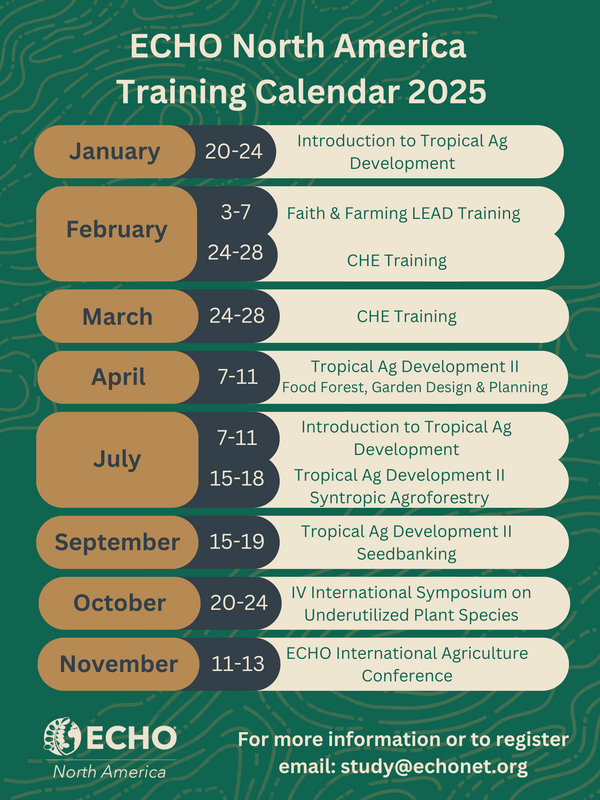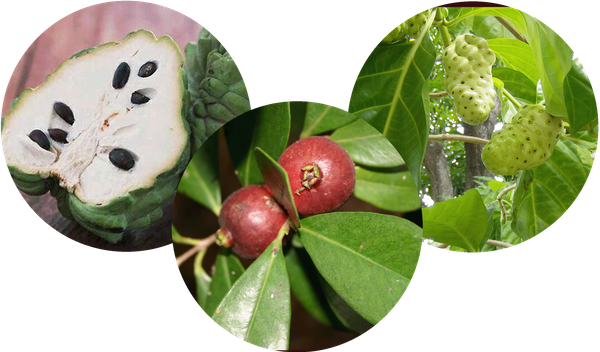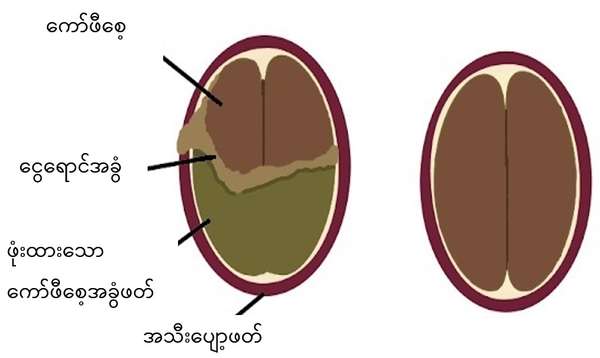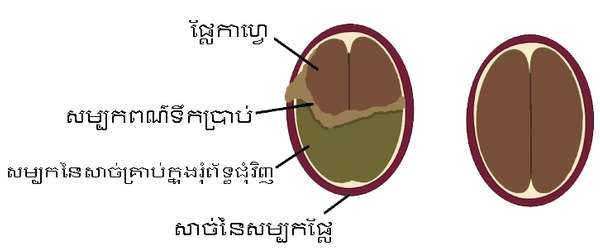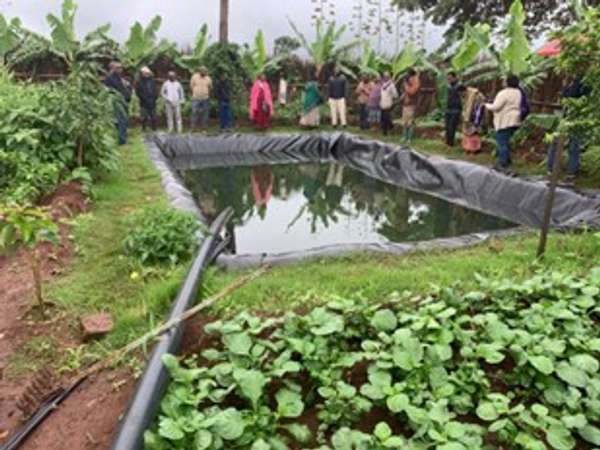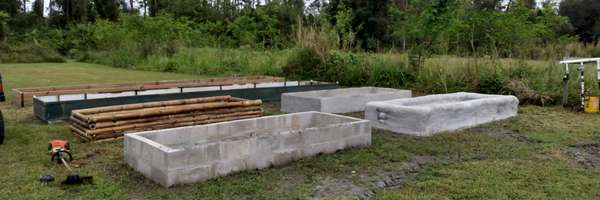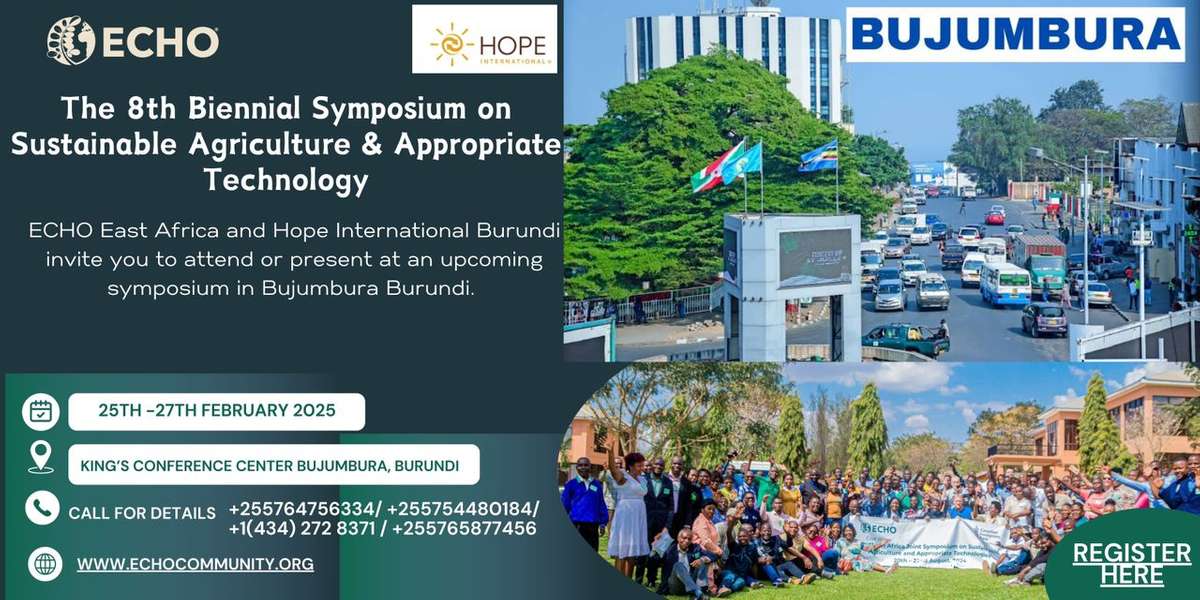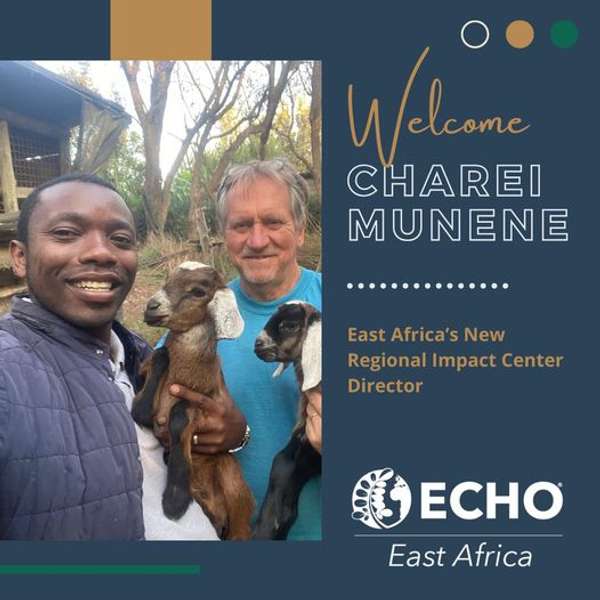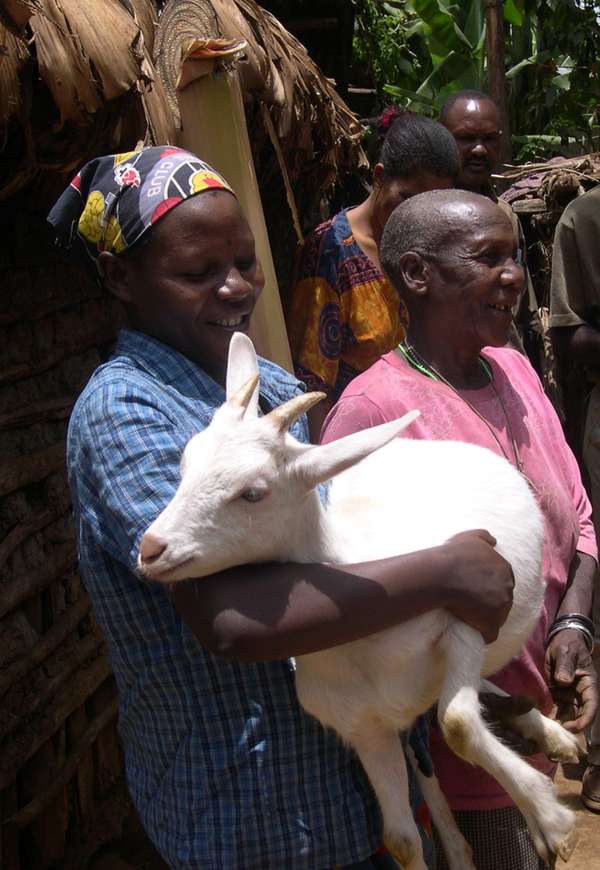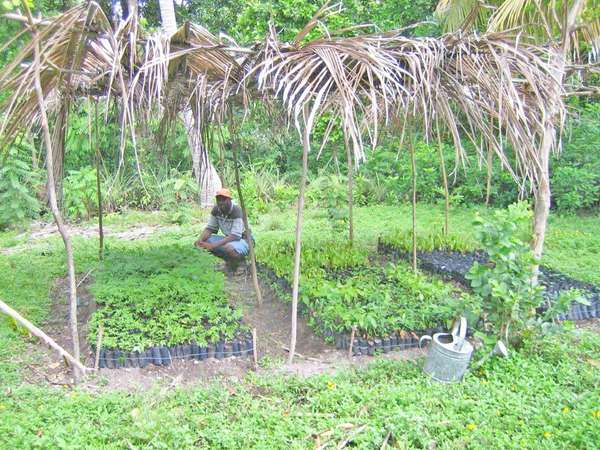ECHOcommunity Updates
ECHO North America 2025 Upcoming Trainings 2025-01-07
We have some exciting training opportunities coming up in 2025!
Registration for these trainings include:
- Instruction with on-farm workshops
- Consultation with experienced staff
- Food (breakfast, lunch and dinner)
- Lodging
Don’t miss the these training opportunities!
Seasonal Seeds Available from the ECHO Global Seed Bank 2024-12-24
Some seeds are only seasonally available from our ECHO Global Seed Bank due to their short lifespan. We would like you to know that we have the following seeds available right now. Click the crop name for more information:
- Green sugar apple (Annona squamosa) is a medium to tall tree that produces sweet, creamy fruits. Fruits are mature when green.
- Atemoya (Annona squamosa X cherimola) is a deciduous fruit tree up to 7m tall. Cross between sugar apple and cherimola.
- Noni (Morinda citrifolia) is a small tree from Southeast Asia that is tolerant of a wide range of soil conditions. Noni is often used medicinally.
- Strawberry fruit (Muntingia calabura) is a fast-growing, fruit producing shade tree. Edible, sweet red fruit.
ကျွဲနွားတိရစ္ဆာန်အတွက်အစာအဖြစ်အစားထိုးရန်ကော်ဖီစေ့အခွံမျာ 2024-12-19
ဤဆောင်းပါသည် ဘွန်ဆွန်း သန်ရှရီသွန်၊ အေဘရမ် ဂျေ၊ ဘစ်လာ နှင့် ပက်ထရစ် ဂျေ၊ ထရေးလ်တို့မှပြုလုပ်ခဲ့သည့် အီးစီအိပ်ချ်အို သုတေသနကို အကျည်းချုပ်ထားခြင်းဖြစ်သည်။
ထို့အပြင် ကော်ဖီစေ့အခွံဖတ် ၂၀၀ ဂရမ်သို့မဟုတ် ၁ကေဂျီ ရှိသည့်လယ်ယာ-ထုတ် ထပ်ဆောင်းအစာကိုမစားမီနှင့် စားပြီး သည့်နွားများ၏ခန္ဓာတွင်းရှိစဲလ်အရေအတွက်ကိုတိုင်းတာရာတွင်စာရင်းကိန်းဂဏန်းအရသိသာထင်ရှားသော ခြားနားမှုကိုတိုင်းတာမှုအားလုံးတွင်မတွေ့ရပါ။စမ်းသပ်မှုအားလုံးတို့တွင်ခန္ဓာတွင်းရှိစဲလ်အရေအတွက်များသည်နို့စိမ်း အတွက် ထိုင်းနိုင်ငံ စိုက်ပျိုးရေးစံချိန် သတ်မှတ်ချက်အတိုင်းအတာဖြစ်သည့် ၅၀၀,၀၀၀ စဲလ်/မီလီ အောက် တွင်ရှိ သည်(စိုက်ပျိုးရေးဆိုင်ရာကုန်ပစ္စည်းနှင့်အစားအသောက်ဆိုင်ရာစံနှုန်းများ နယ်ရှင်နယ် ဘရူရို၊ ၂၀၁၀)။ (ပုံ ၁၂)
សម្បកគ្រាប់ខាងក្នុងកាហ្វេជាអាហារបំប៉នសម្រាប់គោក្របីយកទឹកដោ 2024-12-18
អត្ថបទនេះសង្ខេបពីការស្រាវជ្រាវរបស់អេកូ ដែលផលិតឡើងដោយ Boonsong Thansrithong, Abram J. Bicksler, និង Patrick J. Trail ។
បុគ្គលិកអេកូអាស៊ីបានធ្វើការស្រាវជ្រាវនេះ ដោយមានគោលបំណងសំខាន់ក្នុងការជំនួសផ្នែកមួយនៃសមាសធាតុជាតិសរសៃដែលបានទិញនៅក្នុងចំណីគោយកទឹកដោះ ជាមួយនឹងម្សៅកាហ្វេដោយឥតគិតថ្លៃ និងវាយតម្លៃផលប៉ះពាល់របស់វាទៅលើការផលិតទឹកដោះគោ។ ការស្រាវជ្រាវរបស់យើង គឺពាក់ព័ន្ធនឹងតំបន់ដែលសម្បកគ្រាប់ខាងក្នុង (parchment) កាហ្វេមិនមានតម្រូវការខ្ពស់ ហើយអាចទទួលបានដោយមិនគិតថ្លៃ។ កសិករដែលចាប់អារម្មណ៍លើជម្រើសចំណីនេះ ត្រូវតែគិតពីពេលវេលា កម្លាំងពលកម្ម និងថ្លៃដឹកជញ្ជូនដែលទាក់ទងនឹងការប្រើប្រាស់ធនធានកាហ្វេ។
EDN #167 Now Available 2024-12-17
In this issue
- Harvesting Water with Hafirs : Lessons from East Africa
- Echoes from our Network: Six Mulching Principles
- From ECHO's Seed Banks: Adzuki Bean
- Books, Websites, and Other Resources: Tools for Underutilized Crop Selection - VACS Explorer, CropBase, ISHS Symposium on Underutilized Crop Species and others
Harvesting Water with Hafirs
Harold Msanya
Excerpt:
Ensure the outlet system is properly designed, installed, and connected to regulate the release of water from the hafir efficiently and safely. The outlet system should be robust, easy to operate, and suited to the specific requirements of the reservoir’s use, whether for irrigation, livestock, or human use. It needs to be accessible for regular inspection and maintenance. Include mechanisms to clear debris or blockages without requiring complex equipment or significant disruption to the reservoir. Integrate an emergency overflow or spillway near the outlet to manage excess water during heavy rainfall or flooding, reducing the risk of damage to the reservoir or surrounding infrastructure.
From the Farm: Permanent Raised Beds at ECHO North America 2024-12-10
Utilizing raised beds has been a critical component to a successful seed production program for our Seed Bank at ECHO North America. For years we have followed the industry standard practice of temporary raised beds covered with plastic mulch. With no real use for the plastic after the year’s production cycle, we would begrudgingly discard the plastic in the garbage. The effort, expense, tillage, and waste in re-raising beds each year started us on a quest to find a more appropriate solution: is there a better option out there?
To answer this question, we are testing various designs for permanent raised beds. For the first round of testing, we have built beds out of six different materials: bamboo, recycled metal roofing, wood, concrete block, earthbag, and ferrocement. While initial investment cost is a major factor, the expected useful life, maintenance costs, usable growing area, and productivity of each bed will be important considerations.
After an evaluation period, we hope to convert much of our Seed Bank production into permanent raised beds. While we don’t expect one clear winner for all contexts, we hope some of the lessons we are learning in this process might help others determine what the best option might be for them. Stay tuned for more updates along the way!
Welcome Charei Muene, ECHO East Africa Regional Impact Center Director 2024-11-19
ECHO is excited to announce that Mr. Charei Munene has joined us as our new ECHO East Africa Regional Impact Center Director. Charei is a passionate advocate for farmers and a leader in Agroecology and Ecological Organic Agriculture, bringing over 10 years of experience in the African agricultural landscape. Our outgoing East Africa Director, Mr. Erwin Kinsey, will be working alongside Charei and transitioning out in the months to come.
We feel very blessed to work alongside these diligent workers. Please join us in welcoming Charei to the ECHO team!
Best Practice Note 9: Livestock Projects Now Available! 2024-11-12
This ECHO Best Practice Note distills insights from farmers and other specialists who collaborated in promoting livestock as a means to improve rural livelihoods. The author’s experience affirms that livestock are indeed a beneficial part of most agricultural systems, contrary to some modern theories of their obsolescence. I am not referring here to factory-farming but rather to animal raising by smallholder farmers and small-herd pastoralism. Livestock keeping by smallholder farmers and pastoralists, though very different, generally can add value, nutrition, and income diversification to low-income homesteads as well as bolster a viable rural credit program. Passing female offspring on to other resource-limited families, with good local supervision in the selection and preparation of the recipients, has proven successful and creates a local livestock production system.
Excerpt:
Livestock projects are an impetus for introducing environmentally sound farming practices like agroforestry, zero-grazing, proper soil and water conservation, and adoption of animal-friendly practices like provision of feed and water, regular veterinary services, improved breeding initiatives like artificial insemination, and local vaccination programs. East Coast Fever vaccination in cattle and Newcastle disease control in chickens are vital to thriving livestock programs. In the case of Newcastle disease control, developing a sustainable vaccination service by farmers themselves is important because services are too cumbersome for the government to provide countrywide.
Resource Highlight: World Agroforestry Center Nursery Management Manual 2024-11-09
As ECHO technical staff answer questions from the ECHO network, about tree nursery managment one resource stands out among the rest. In 2013 the World Agroforestry Center's published "Nursery management, tree propagation, and markeeting strategy: a training manual for smallholder farmers and nursery operators" which is a detailed and relevant publication specific to smallholder contexts. It has key insights into developing economically viable plans for nurseries and contains best practices that ECHO nurseries use around the world at our various Regional Impact Centers. If you are thinking of starting a nursery or want to improve one you already have, our staff encourage you to look into this vaulable resource.
To view, click here then select "View source"
